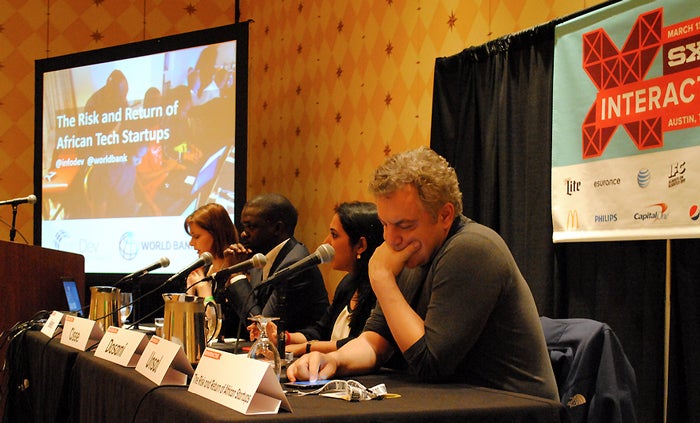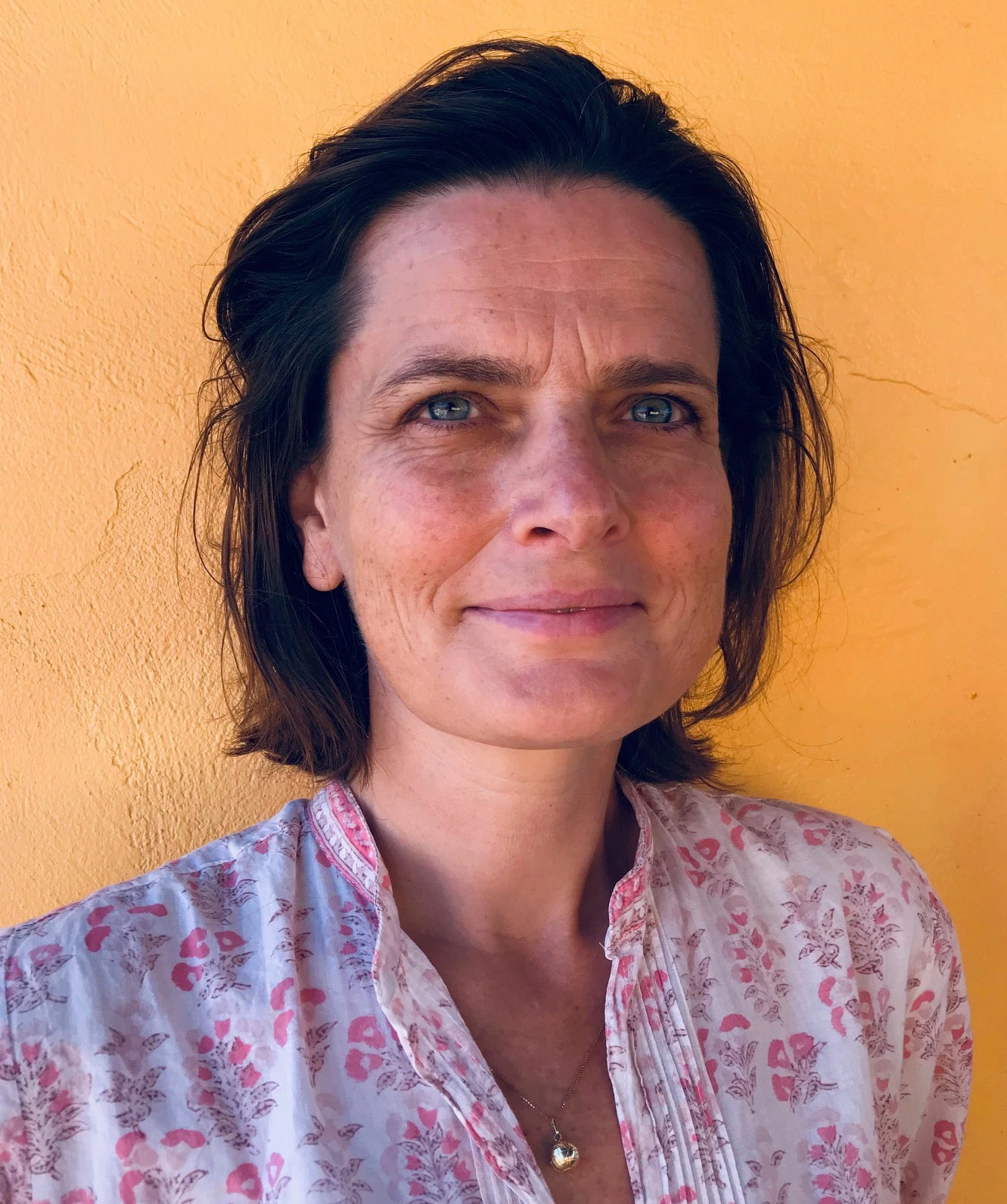
At first sight, SXSW may appear to have little in common with the World Bank Group, the largest development institution in the world. Yet, creativity and technology, the two founding principles of SXSW, are often cited as two key factors for the World Bank Group to tackle the most daunting development challenges of the 21st century. At this year’s SXSW, a number of panel discussions around innovation, entrepreneurship, and technology in emerging markets are bringing the World Bank’s development agenda and Austin’s passion for technology much closer together. Among them two panels focusing on the risk and return of African Tech startups, and the innovation ecosystem in emerging markets, organized by infoDev, a World Bank program that supports innovation and entrepreneurship globally.

This is no coincidence. The digital economy is no longer an exclusive domain of the Silicon Valley or a technology festival in an American city. Rather, it has become a crucial force for social change around the globe – from Asia to Africa. For example, in Sub-Saharan Africa, the mobile industry contributed $60 billion to the economy in 2012, and is expected to reach $119 billion in 2020. Meanwhile, investors and Silicon Valley technologists are paying increasing attention to the growth potential in the African market. Technologies such as mobile payment, bitcoin, and 3-D printing may find their biggest growth opportunity in Africa in the next five years, and with a burgeoning scene of innovation hubs and startup incubators, the African continent may witness a rapid increase in the supply of talented entrepreneurs capable of taking on such opportunities. Toni Eliasz, co-lead of infoDev’s Digital Entrepreneurship Program, says that African entrepreneurs are increasingly moving beyond the ideation stage, and are turning ideas into viable and investable businesses.
While many African startups are not ready for institutional capital, infoDev’s panelists say that diaspora investors are already paving the way for others by taking more risks on investments. Crowdfunding platforms, such as Kickstarter and Indiegogo, are also bridging the gap between African startups and investors. The Kenya Climate Innovation Center, a World Bank-supported incubator, is helping local startups crowdfund for their clean tech solutions – the first crowdfunding campaigns in East Africa’s clean tech sector. Again, concepts and business models that once only appealed to Silicon Valley are finding their roots in African countries, bringing the development agenda and the global startup ecosystem much closer together.
Perhaps what SXSW and the World Bank truly have in common is our recognition of the hype and hustle of tech startups – in both Austin and Nairobi. Yet the African entrepreneurial ecosystems still have some way to go before celebrating their accomplishments in a worldwide festival. Human capital remains a challenge to startups across the continent, and western investors, especially institutional investors, are still exploring the best business model for realizing returns. Nevertheless, SXSW reminds us that the passion for entrepreneurship transcends markets, cultures, and national borders – and that now is the time to truly take African startups to the next level.



Join the Conversation